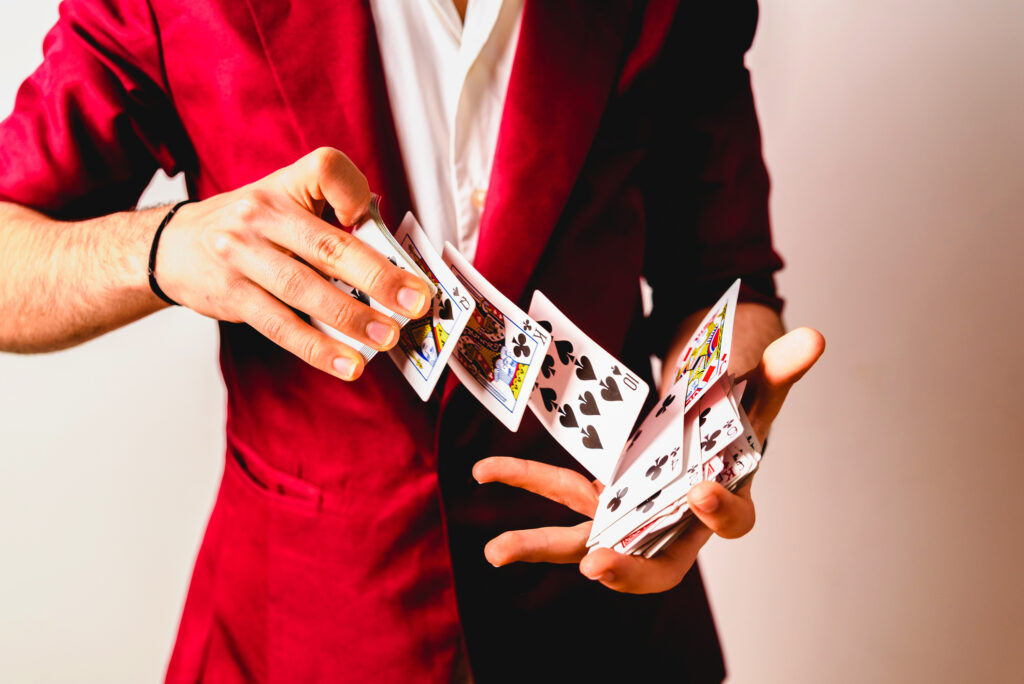The British Journal of Psychiatry Open recently published an article titled “Psychotic and autistic traits among magicians and their relationship with creative beliefs.” It is a common belief that the creative self-efficacy of members of creative groups is associated with autistic and schizotypal traits. These schizotypal traits, like having positive unusual perceptual experiences
The tests showed score levels in schizophrenia and autism measures as well as the short scale of creative self. The score levels were compared with that of the general population and other creative groups. Magicians scored lower than the general population in schizophrenia measures. The scores also showed no significant difference in autism scores and unusual experiences compared to the general population.
It was unexpected because magicians are believed to have a social deficit which is a key autistic trait and hence get into magic. Apart from that, the results showed that magicians have high creative self-efficacy and creative personal identity. This definitely brings out their uniqueness among the creative groups.

Magicians create, perform, and hone their craft. Others creative professionals are only creators––for example composers and choreographers. Meanwhile, others are performers––like musicians and dancers. Many of us may not realize it, but magicians need high technical skill in their magic performances and therefore have low cognitive disorganization and high self control in order to have successful and accurate performances.
Furthermore, they see creativity as a major part of their identity and are very aware of it unlike the general population. This study has shown that creativity and psychopathology is much more complex than it was earlier seen by clinicians. Magicians do possess different traits from other creative groups in terms of psychological traits. It also debunks the notion that many magicians have mental disorders that mainly contribute to their creativity.

